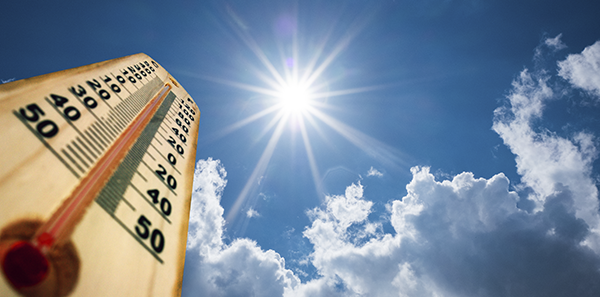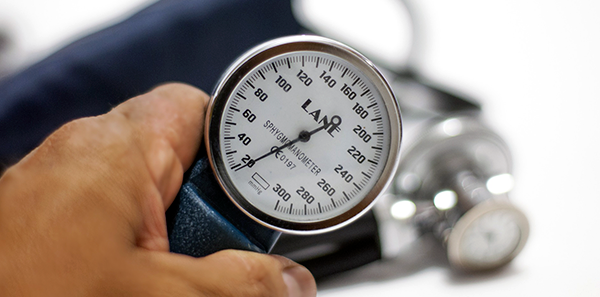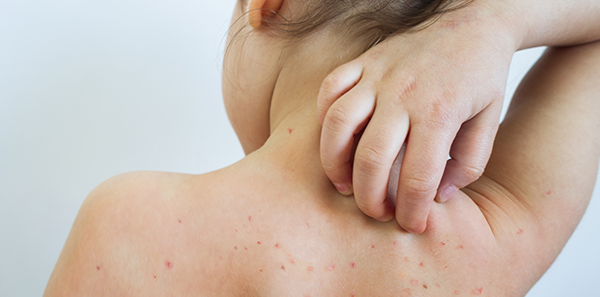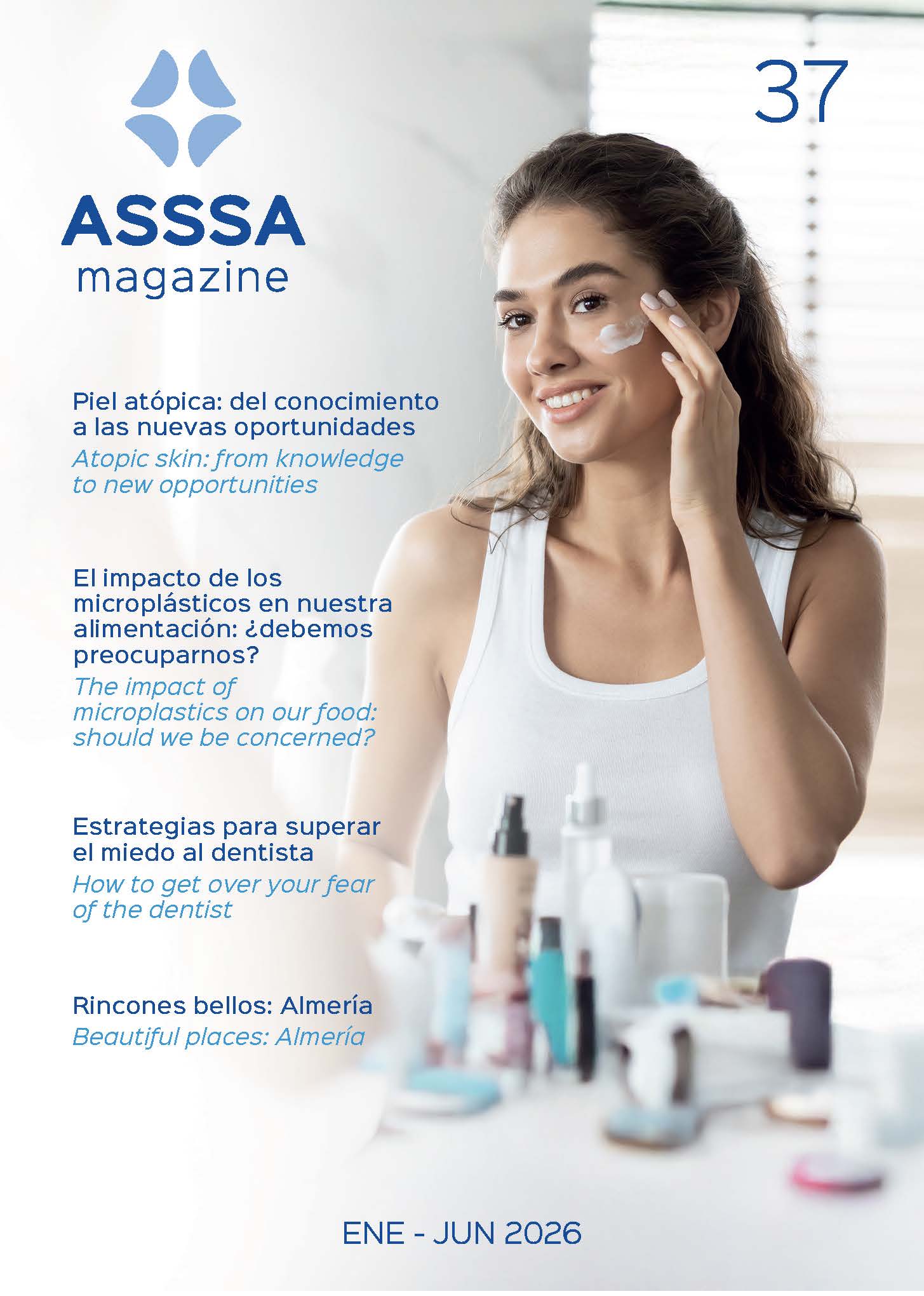
As temperatures rise, bacteria proliferate. This, together with the activities we take part in and the changes our bodies undergo to adapt to weather conditions, have an impact on our health. We show you how to prevent the most common illnesses at this time of year:
- Sun-induced illnesses:
Dehydration. It is important to avoid going outside in the middle of the day, to drink constantly, even if you are not thirsty, and to eat foods rich in water such as peaches or watermelon. You should also avoid excessive activity and cut down on sugary drinks and caffeine.
Heat stroke. More frequent in older people or those working in the sun. The way to prevent it is to drink at least 2 litres of water a day and stay indoors during the hottest hours and days, especially the most vulnerable.
Sunburn. Protecting your skin is essential to avoid diseases such as melanoma. You should choose a sunscreen that’s higher than factor 30 and avoid sunbathing between 12 and 4pm.
- Illnesses caused by food:
Food poisoning. This is more common at this time of the year because it is when we tend to eat more raw fruit and vegetables, while the heat also accelerates food decomposition. Food and hands should be cleaned thoroughly, care should be taken to ensure that food is fresh and has not been exposed to the sun, and great care should be taken with eggs. If food poisoning occurs, water or oral rehydration salts should be drunk constantly to avoid dehydration.
- Illnesses caused by water:
Otitis. Infection in the ear canal. To avoid this, bathe in clean water, do not remain submerged for long periods of time, enter the water slowly, dry your ears well after bathing and do not use cotton buds.
Cystitis. A bladder infection that is aggravated by wearing wet swimming costumes for long periods of time. Changing to a dry swimming costume, taking care of intimate hygiene and wearing light clothing for adequate ventilation are essential for prevention.
Conjunctivitis. Eye irritation that can be prevented by avoiding air conditioning and direct exposure to the sun. Contact lenses should also be changed regularly and artificial tears used to combat dryness.
If you are concerned about any symptoms, seek medical attention for an early diagnosis and the specialist will advise you on what to do.












